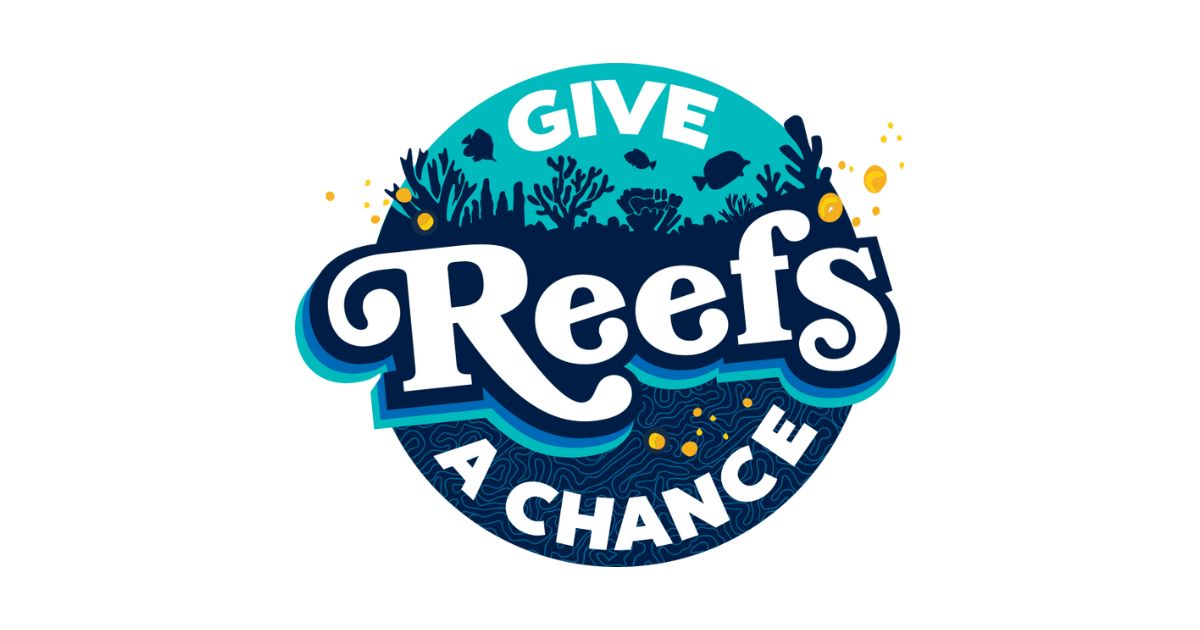Lifestyle changes you can make to help corals in crisis
Diving or snorkeling on a reef is your ticket to a dreamworld. Brilliant colors, fantastic shapes, and castle-like structures invite exploration, revealing bright flashes of fish and an infinite variety of life below the surface. If you’re lucky, you’ll find yourself on a relatively healthy reef, with a wide assortment of corals and a healthy mix of predators and prey. Unfortunately, development, unsustainable fishing practices, and climate change are stressing reefs beyond repair. The world has already lost half its reefs and just in our lifetimes. Here’s what you can do to preserve our healthy reefs and help corals in crisis.
Choose reef-safe personal care products
Consider wearing a rashguard and leggings to limit your use of sunscreens while diving. If you do use sunscreen, oxybenzone, found in many products, threaten already-stressed corals. Some places already ban the use of harmful sunscreens, but you can get a head start by checking the label before you buy. Here’s a list of ingredients to avoid in any personal care product, compiled by the Haereticus Environmental Laboratory, which also runs the Protect Land + Sea certification program.
- Oxybenzone
- Octinoxate
- Octocrylene
- Homosalate
- 4-methylbenzylidene camphor
- PABA
- Parabens
- Triclosan
- Any nanoparticles or “nano-sized” zinc or titanium (if it doesn’t explicitly say “micro-sized” or “non-nano” and it can rub in, it’s probably nano-sized)
- Any form of microplastic, such as “exfoliating beads”
 Take care while boating and diving
Take care while boating and diving
Check tides and marine conditions and familiarize yourself with coral reef locations before you leave the dock. Be sure you have plenty of clearance before you maneuver your boat over a reef and use only approved moorings and anchorages. If you run aground, turn off your engine and don’t try to motor off the reef. If you can’t float off the reef, call for assistance. While diving, be aware of your surroundings at all times. Even the lightest touch–or cloud of sediment kicked up by your fins–can damage or kill live coral. Be sure to rinse your gear between dives, especially if you dive on diseased reefs to limit the spread of microbes between reefs. Never collect coral and do not feed or disturb reef animals, as this can disrupt the natural behaviors that help keep a reef healthy.
Reduce your carbon footprint
Ocean warming and acidification is causing coral bleaching worldwide. To limit these impacts on coral reefs (and every other ecosystem), we need to limit our greenhouse gas emissions–as nations and as individuals. Use a carbon calculator to identify changes you can make to reduce your carbon footprint, including switching to a plant-based diet, sourcing your food locally, reducing your reliance on disposable products, increasing your household energy efficiency, using public and low-carbon transportation, and consuming electricity from renewable sources.
Support sustainable fishing
Reefs attract a wide variety of fish and other animals, each with a role in maintaining the ecosystem’s health. Sustainably-managed fisheries ensure that reefs will continue providing food and supporting the livelihoods of the people who rely on them well into the future. Tools like the Monterey Bay Aquarium’s Seafood Watch can help steer you in the right direction. If you have an aquarium at home, make sure the fish you buy are only captive-bred species, and don’t purchase or take live coral.
 Reduce pollution
Reduce pollution
No matter where you live, runoff from lawns, farms, roadways, and wastewater enters the watershed and eventually reaches the ocean. Sediment and chemicals pollute the water, and excess nutrients can cause algae blooms. This can cause direct harm to corals and can block the sunlight they need to stay healthy. Whether you live near the coast or vacation near a reef, you can advocate for reef-safe landscaping, farming, and building practices.
Support ocean-friendly tourism
Tourism contributes $36 billion to reef communities every year, a vital economic boost. Ensure that your visit doesn’t do more harm than good by leaving coral where you find it, staying clear of wildlife, and using low-carbon methods of getting on the water. This can be easier by choosing eco-certified tour operators, and even “volun-touring” to help restore reefs on your next diving trip.
Avoid single-use plastic
Plastic pollution threatens all marine and aquatic environments, so this is a good rule anywhere. Microplastics are ingested by coral, fish, and shellfish–and the chemicals concentrate up the food chain, including in humans. Get into the habit of using refillable bottles and containers, skip the straw, and choose glass, metal, bamboo or compostable products whenever possible.
And don’t forget that knowledge is power! Learn more about coral reefs–why they are so important, the threat they are under, and the research that is providing hope and solutions. Stay informed about Reef Solutions, Super Reefs, and the many other ways WHOI is improving knowledge about coral reefs around the world and from shallow to deep. Let your friends and family know why reefs are so important and what we can do to give reefs a chance.



